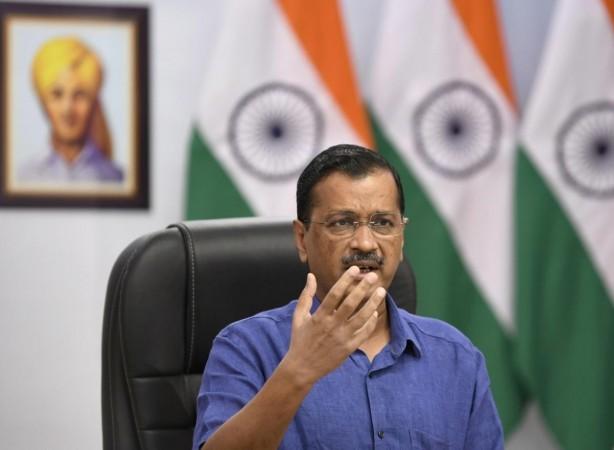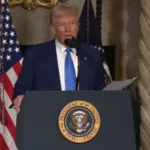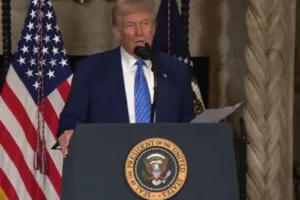Delhi Chief Minister Arvind Kejriwal’s temporary bail, granted by India’s Supreme Court, enables him to actively participate in the ongoing general elections, a crucial period for political campaigning and engagement with voters.
The Supreme Court’s decision to extend Kejriwal’s bail until June 1 reflects an acknowledgment of the significance of his role in the elections, aligning with the electoral calendar’s final phases.
The charges of corruption linked to Delhi’s alcohol policy are what led to Kejriwal’s arrest by the Enforcement Directorate (ED) on March 21, 2024.

The progression of India’s general elections, marked by phased voting from April 19 to June 1, underscores the immense scale and complexity of the democratic process in the world’s largest democracy.
The Supreme Court’s consideration of interim bail during an appeal hearing reflects a balancing act between legal procedures and the practicalities of election campaigns, recognizing the time-sensitive nature of electoral activities.
India’s political dynamics and election procedures have global effects, as indicated by other international interest and investigation factors, including requests for a fair trial from nations such as Germany and the United States.




























Add Comment